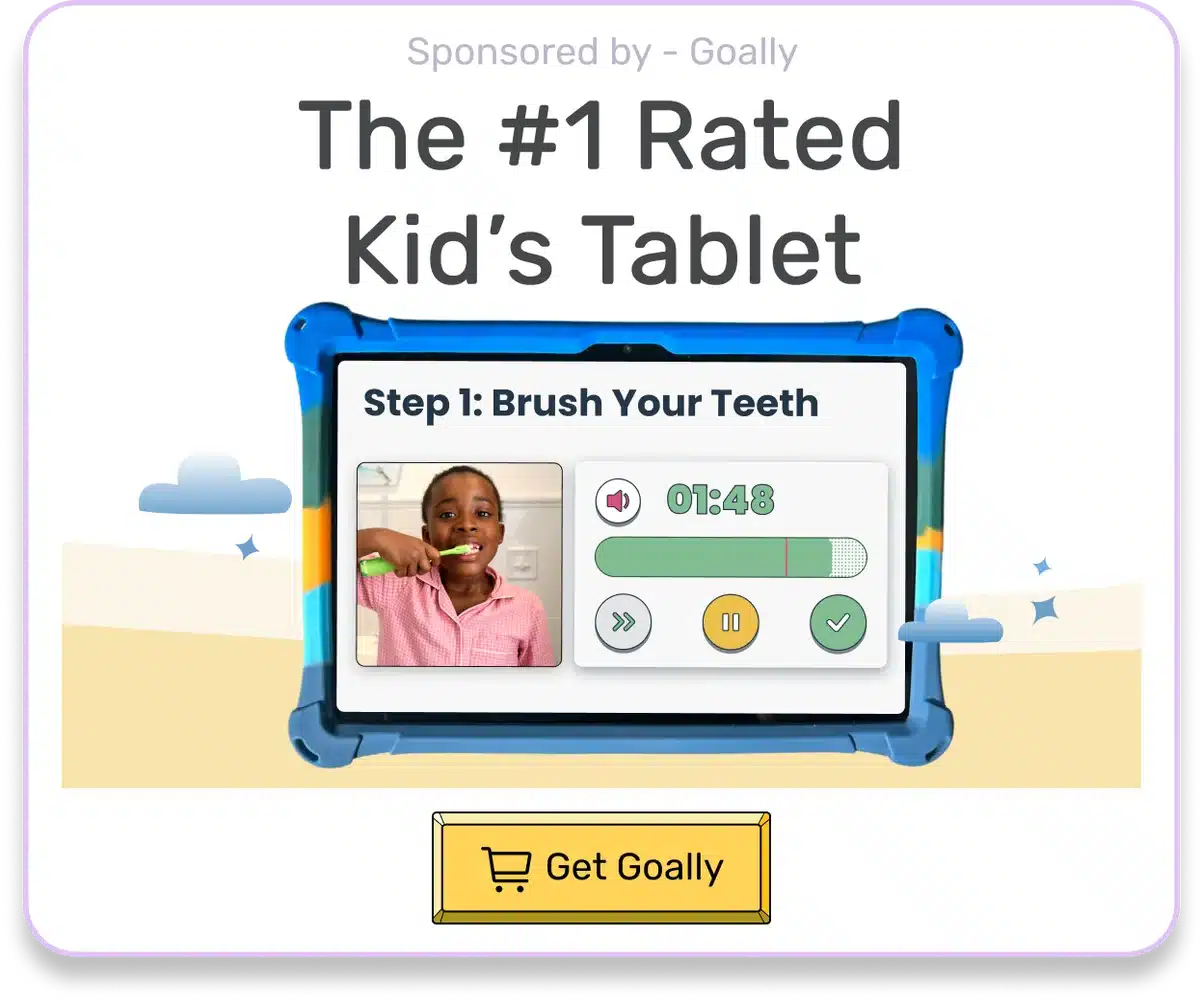Working with kids daily has shown me how important it is to help them manage their emotions, especially anger. Anger can be challenging for many youth, but with the right coping skills, they can learn to handle it healthily. In this blog, I’ll share some effective coping skills for anger in youth. These strategies are designed to help parents support their children in managing their anger and building emotional resilience.
Table of Contents
1. Deep Breathing Exercises
Deep breathing exercises can help calm the nervous system and reduce anger. Teach your child to take slow, deep breaths through their nose and out through their mouth to help them relax.
2. Counting to Ten
Counting to ten gives kids a moment to pause and think before reacting. This simple technique can help them gain control over their emotions and respond more calmly.
3. Physical Activity
Engaging in physical activities like running, jumping, or a quick walk can help release built-up energy and reduce anger. Please encourage your child to use physical activity to channel their emotions constructively.

Read more: Anger Test for Your Child | 10 Questions
4. Creative Expression
Creative activities like drawing, painting, or playing music can provide an outlet for emotions. Please encourage your child to express their feelings through art or music to help them process and manage their anger.
5. Talking it Out
Sometimes, talking about what’s making them angry can help. Please encourage your child to express feelings to a trusted adult or friend to gain perspective and feel heard.
6. Using a Stress Ball
Squeezing a stress ball can help release tension and reduce anger. Please provide your child with a stress ball or similar object to use when they feel upset.
Goally | The Tablet for Neurodiverse Kids

7. Mindfulness and Meditation
Practicing mindfulness and meditation can help kids stay present and calm. Teach your child simple meditation techniques to help them manage their emotions and reduce anger.
8. Writing in a Journal
Journaling can be a therapeutic way for kids to process their feelings. Please encourage your child to write about what makes them angry and how they feel, which can help them gain insight and control over their emotions.
9. Positive Self-Talk
Teaching kids positive self-talk can help them manage their anger. Please encourage your child to replace negative thoughts with positive affirmations to boost their mood and reduce frustration.
10. Time-Outs
Sometimes, a break is necessary to cool down. Create a safe and quiet space where your child can take a time-out to calm themselves and think before reacting.
11. Problem-Solving Skills
Helping kids develop problem-solving skills can reduce feelings of helplessness and anger. Teach your child to identify the problem, brainstorm solutions, and choose the best option to address their frustrations.

12. Physical Comfort
Providing physical comfort, like a hug or holding their hand, can help kids feel safe and supported. Physical touch can help reduce anger and promote a sense of security.
13. Setting Boundaries
Teach your child to set healthy boundaries to prevent situations that trigger anger. Helping them understand their limits and how to communicate them can reduce conflict and frustration.
14. Role-Playing
Role-playing different scenarios can help kids practice handling anger. Use role-playing to teach your child appropriate ways to respond to challenging situations.
15. Seeking Professional Help
If your child’s anger is overwhelming or persistent, seeking professional help from a counselor or therapist can be beneficial. Professional guidance can provide additional tools and strategies for managing anger effectively.
Goally | Apps To Structure Your Kid’s Routine
Does your child struggle with transitions or staying on task? Goally’s visual schedule app breaks down large tasks into small, achievable steps. It helps kids complete their tasks independently!
Incorporating these coping skills into your child’s daily routine can help them manage their anger and build emotional resilience. These strategies provide immediate relief and teach valuable life skills for managing emotions. Try these techniques and support your child in developing healthy ways to cope with anger.
Helpful Resources
- CDC – Centers for Disease Control and Prevention
- AAP – American Academy of Pediatrics
- Zero to Three – Early Childhood Development Resources
FAQ’s About Coping Skills for Anger for Youth
What are effective coping skills for anger in youth?
Effective coping skills for anger in youth include deep breathing, physical activity, and creative expression to help manage emotions.
How can deep breathing help with anger management in youth?
Deep breathing helps calm the nervous system and reduce anger by promoting relaxation and reducing stress.
What role does physical activity play in managing anger in youth?
Physical activity helps release built-up energy and tension, providing a constructive outlet for anger and improving mood.
Why is creative expression important for youth dealing with anger?
Creative expression, such as drawing or playing music, allows youth to channel their emotions into positive activities and helps them process feelings.
How can positive self-talk help youth cope with anger?
Positive self-talk encourages youth to replace negative thoughts with affirmations, boosting their mood and reducing feelings of frustration.
Emily is a seasoned blog writer for Goally, leveraging her extensive background in child psychology and special education to provide valuable insights and resources for parents. Her commitment to understanding and addressing the unique needs of these children, combined with her expertise in educational strategies, makes her a credible and empathetic voice for families.






